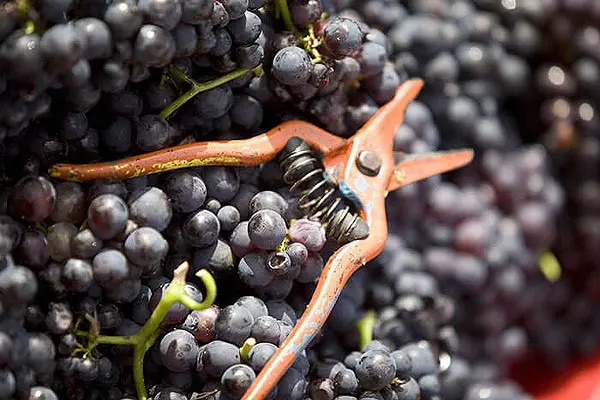Soil health is increasingly recognized as a vital factor in determining the quality of wine, as evidenced by new studies and practices in viticulture. Traditionally, the role of soil was viewed through a narrow lens, with a focus on basic nutrient content and drainage properties. However, recent advances have shown that the complexity of soil life, particularly its microbial community, plays a critical role in the expression of terroir — the unique character that a particular vineyard imparts to its wine.
The Stellenbosch University and Hartenberg Family Vineyards study highlighted in your text provides compelling evidence that soil health, bolstered by regenerative agriculture practices, can lead to significant differences in wine produced from the same vineyard. By introducing ruminants like cattle and sheep to the vineyards, Hartenberg not only improved soil health but also observed a marked difference in the quality and characteristics of the wine produced.
Regenerative Practices in Viticulture
Regenerative viticulture focuses on restoring soil health by using natural processes, such as cover cropping and controlled grazing, to enhance soil organic matter, improve water retention, and boost microbial diversity. This approach contrasts with conventional viticulture, which often relies heavily on chemical inputs and mechanical interventions that can degrade soil health over time.
Impact on Wine Quality
The study found that the introduction of ruminants led to smaller grape berries with more concentrated flavors and lower sugar levels, resulting in wines with greater elegance, freshness, and a distinct fruit profile. These wines differed significantly from those produced in the control blocks, which were heavier and more structured, reflecting the profound impact that soil health can have on the final product.
Soil Microbiome and Wine
The soil microbiome — the complex community of microorganisms living in the soil — plays a crucial role in nutrient cycling, water retention, and overall soil fertility. In viticulture, a healthy soil microbiome can lead to healthier vines, more resilient to stress, and capable of producing grapes with unique and desirable characteristics.
Economic and Environmental Benefits
Beyond the quality of wine, regenerative viticulture offers significant economic and environmental benefits. As mentioned by Carl Schultz of Hartenberg, this approach can be cheaper and more sustainable, potentially saving billions in farming costs while reducing the environmental impact of wine production. The shift towards regenerative practices is also part of a broader trend in agriculture that seeks to mitigate climate change by sequestering carbon in the soil and improving the overall health of agricultural ecosystems.
The ongoing multi-year study led by Dr. Cristina Lazcano in the US, which examines the effects of various regenerative practices on soil health in vineyards, is expected to provide further insights into the relationship between soil microbiome and wine quality. This research underscores the importance of soil health in viticulture and may lead to a broader adoption of regenerative practices in the industry, ultimately transforming how wine is made and appreciated.
In conclusion, soil health is not just a foundational aspect of viticulture; it is a critical determinant of wine quality, with the potential to influence everything from the flavor profile to the sustainability of the vineyard. The ongoing research and adoption of regenerative practices represent a significant shift in the industry, promising to enhance the quality of wine while promoting environmental stewardship.


